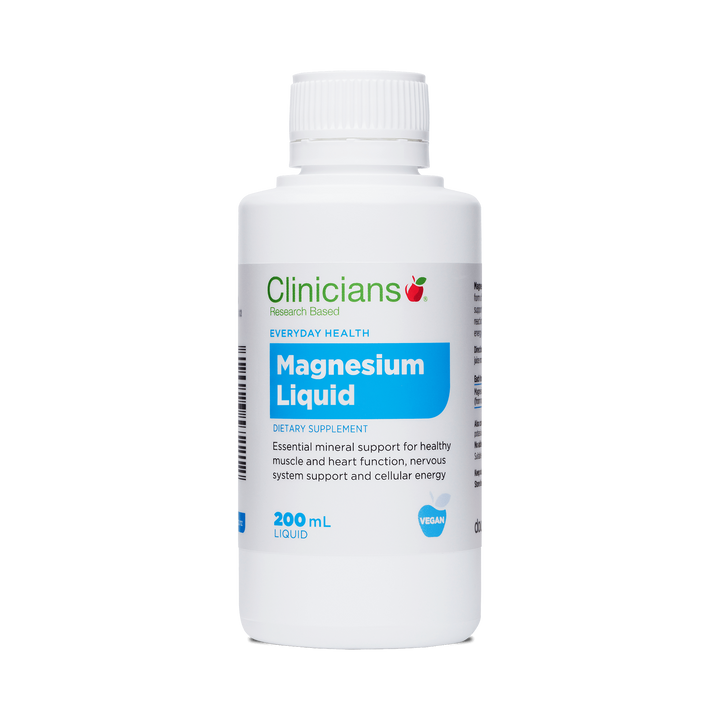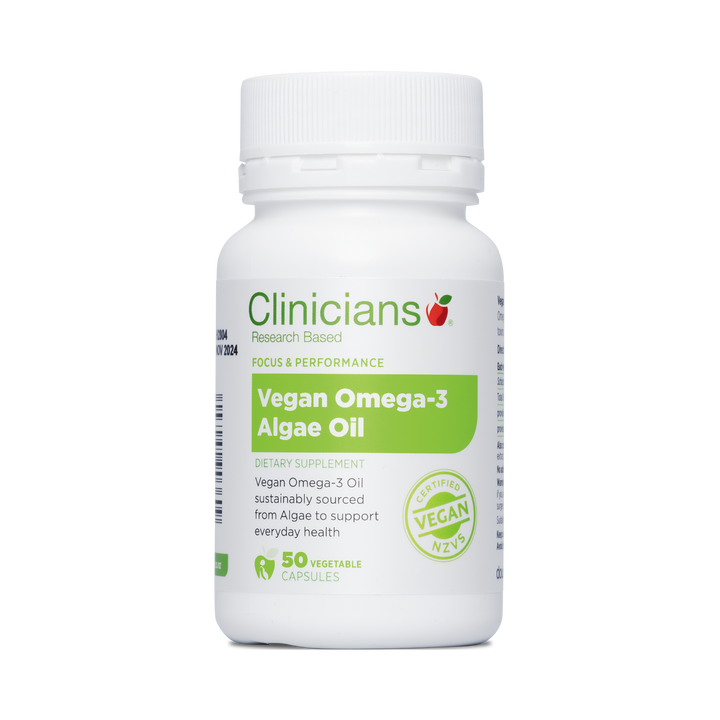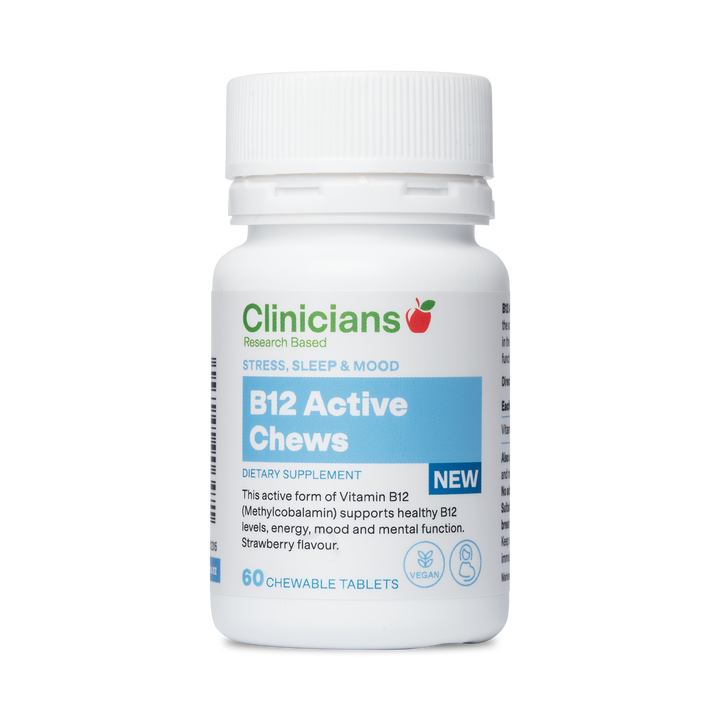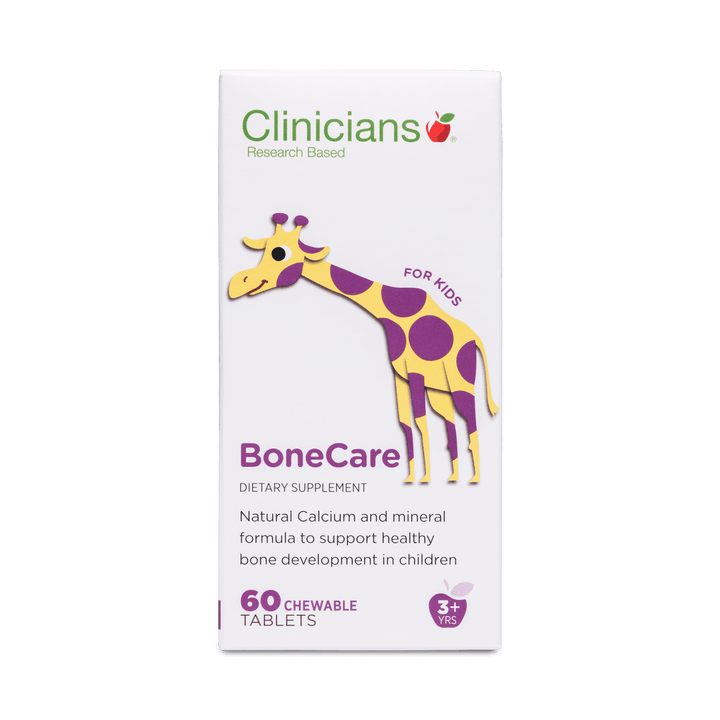“Responsible consumption is becoming more popular every day; it's a global trend that started years ago and is rapidly gaining traction.” (NZVS)
-
How long has the NZVS been operating?
The NZ Vegetarian Society was established in 1943 and we are celebrating our 80th anniversary this year. The society was founded by Geoffrey Hodson, who went on to serve as its president until the 1970s. Hodson travelled extensively throughout New Zealand and around the world from the 1940s to the 1970s, giving public talks about the health and humane benefits of a plant-based diet. He was a pioneer with an amazing vision, long before vegetarianism and veganism became so popular. The founders have passed on the baton to future generations to continue spreading kindness.
-
What does the NZVS do?
Our mission is to extend and support the diverse range of plant-based lifestyles - vegetarianism, veganism, flexitarianism, and anything in between. Our intention is to reduce cruelty to animals, improve human health, protect the environment, and conserve world resources. We offer education, information, support, campaigns, and research that encourage people to make plant-based choices. Anyone can join the NZVS, from those reducing animal products to vegans.
NZVS administers two programmes to support plant-powered lifestyles and reduce harm - Vegan Certification and Vegetarian Approval. A plant-based/plant-curious/plant-focused business can take advantage of those programs to improve communication and to increase involvement in sustainability.
-
Clinicians are excited about developing more vegan products. Can you explain to our readers the value of vegan certification for a dietary supplement product?
Dietary supplements can be complicated to read and analyse. For most consumers, it’s just not possible to read the labels to determine whether the product is truly vegan. Even if the main ingredients are only from plants some processes and ingredients might involve animal derivatives. The other issue is that some ingredients may have been tested on animals.
We believe that Clinicians decision to focus their attention on vegan-certified products is an extremely progressive step. By choosing to meet the criteria of vegan certification, a company is demonstrating its dedication to transparency and honesty with its customers.
-
How do products gain NZVS vegan certification and why would you NOT give a product vegan certification?
Our certification process begins when the manufacturer applies for vegan certification of a product. The manufacturer provides a list of ingredients and processing aids used in the manufacturing of their products. The NZVS examines all ingredients and the processes involved in creating the product to ensure that they meet the strict certification standards.
Each ingredient and process must be:
- Free from animal-derived ingredients – does not contain, consist of, nor has it been produced with any substance that has originated from an animal source.
- No cross contamination - cross contamination must not occur between vegan products and non-vegan products during production.
- GMO-free - Genetically modified products are not eligible to be licensed.
- No animal testing carried out or commissioned – the producing company has not carried out or commissioned animal testing, either for the finished product or any ingredient, unless such testing was proven to be an unavoidable legal requirement.
5. What sort of products can be vegan-certified?
Household, health, cosmetics, beauty, lifestyle, foods, beverages, alcoholic drinks, shoes, bags, clothing, house-wear etc.; as well as services, such as ethical investment funds (more of a recognition than an actual certification process).
6. What do you think is the hardest type of product to gain vegan certification and why?
We think that pharmaceuticals, dietary supplements and beauty products rank among the hardest to certify. Formulations can be complex and unique, containing many ingredients and a lot of information that needs to be taken into consideration. One of the key assessments is confirming that none of the ingredients has been tested on animals.
7. How do we know if a vegan product is certified?
The Vegan Certified trademark is highly visible and can be found on the packaging of vegan certified products or any marketing material. The license is issued for a year and renewed annually. Changes in formulation require the company to submit an updated formulation. The listings on the NZVS website and in our magazine detail all companies and approved products and services.
8. When did NZVS start offering vegan certification and why?
The NZVS has more than 20 years of experience certifying products. The Vegan Certification programme began in 2018. Companies are beginning to understand they can play a role in promoting ethical consumption on a broader scale. The Vegetarian Society administers the Vegan Certified programme, which is a big part of our core activities. We encourage plant-focused choices through education, information and support.
Consumers need options as they learn, and the Vegan Certified trademark helps their decision. They can be empowered when they are choosing products can quickly identify the values behind a product, and in turn they become more educated about their purchase decision.
9. Do other countries have vegan certification and if so, is it the same as New Zealand?
Vegan certification programmes exist in other countries in different forms, yet in many countries, there aren’t any similar certificates. The NZVS vegan certification is one of the most comprehensive available.
10. How can our readers find out more about NZVS?
The NZVS invites everyone to check out our website, become a member of the society, subscribe to our newsletter and follow us on social media. The NZ Vegetarian Society shares a lot of information on a regular basis.
https://www.vegetarian.org.nz/
https://www.facebook.com/NZVegetarianSociety
https://www.instagram.com/nz_vegetarian_society/?hl=en
https://twitter.com/NZVegetarianSoc
https://www.linkedin.com/company/nz-vegetarian-society/
Clinicians currently have three Vegan Certified products: Nutrients for Vegans, Vegan Omega-3 Algae Oil and Magnesium Chloride.
We have been hard at work expanding our Vegan Certified product range. It takes a lot of time and thorough investigation. ALL ingredients must pass the test: the active ingredients, the excipients and the ingredients in the capsule/tablet casing.






